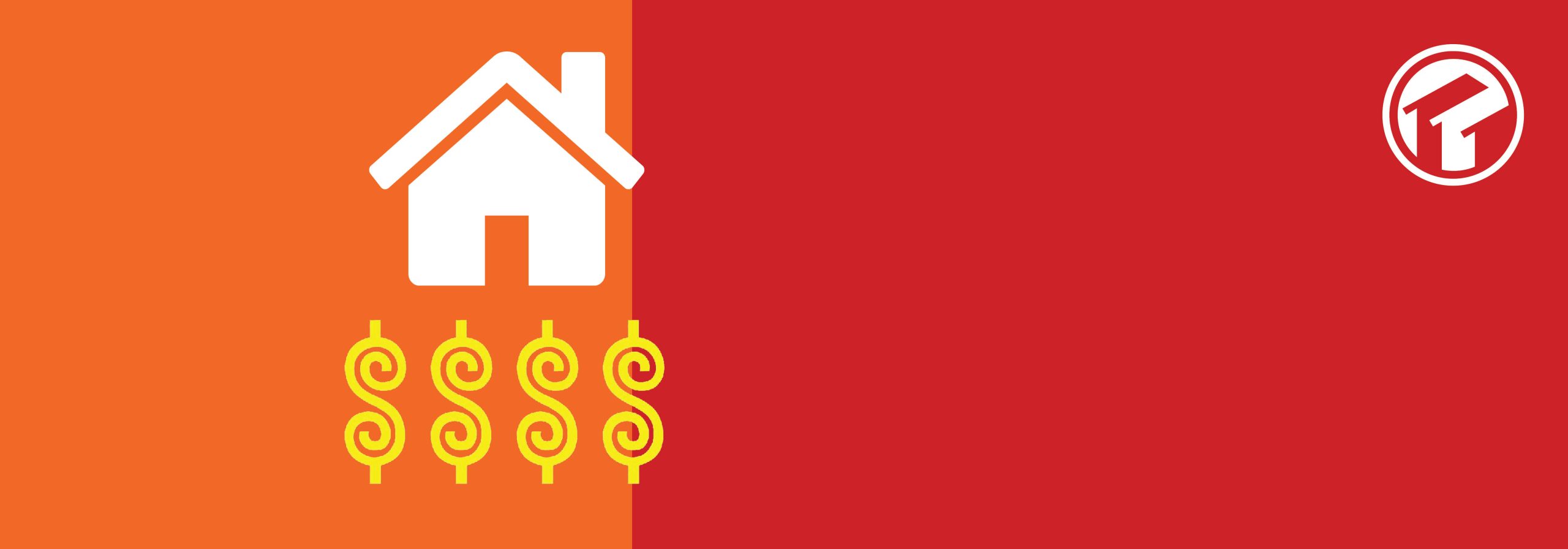If you’ve decided it’s time to sell your house, it’s important to understand that the process you are about to embark on is peppered with critical decisions. Perhaps the most important decision you’ll make it choosing the right price to list your house at. After all, the price tag you attach to your abode isn’t just a number—it’s a strategic statement that can either lure in a flock of eager buyers or turn them away.
Understanding the Market
Before you etch that price into the annals of real estate listings, understand the market rhythm. It’s a delicate dance between supply and demand. In a seller’s market, where demand outstrips supply, you could play a high note. In a buyer’s market, it’s wise to be more conservative. But remember, while interest rates have been historically low, they’re akin to a pendulum, ever-changing.
Not Too High, Not Too Low
Your pricing strategy should be like a well-tailored suit: perfect fit. Too high, and your property might languish on the market, becoming the proverbial old fish that nobody wants to buy. Too low, and you might end up leaving money on the table. Aim for ‘just right’. Research similar properties in your area – this is your competition. Your house should be priced competitively, yet realistically.
First Impressions Matter
First impressions aren’t just for job interviews. In real estate, they’re pivotal. A price that’s set just a notch below the round figure can work wonders. Imagine seeing a house listed at $299,999 instead of $300,000. It’s a psychological nudge that can make your property seem more accessible.
The Art of Negotiation
As you set your price, consider leaving a little wiggle room for negotiation. This isn’t about inflating the price artificially; it’s about understanding buyer psychology and the art of negotiation. A little flexibility can lead to a quicker sale.
The Condition
The state of your home is a huge price adjuster. If your house boasts recent upgrades or features that are in vogue, you can price accordingly. However, if your abode is more ‘vintage’ than ‘vogue’, consider this in your pricing. Be realistic about the condition and how it stacks up against the competition.
Expert Opinion
Don’t shy away from seeking professional help. A qualified real estate agent can be your guide, offering insights into local trends, helping set the right price, and even advising on tweaks that could enhance your home’s value. Their expertise can be the ace up your sleeve.
Timing
Timing isn’t just a great storyteller; it’s also a crucial factor in real estate. Selling during a peak season in your area can fetch a better price. Understand the local real estate calendar and time your sale for when demand is buzzing.
Adaptability
If your house isn’t selling, don’t be too proud to pivot. Reassess the market, seek feedback, and be ready to adjust your price. The real estate market is dynamic, and so should be your strategy.
The Emotional Equation
This is tough but essential. You need to emotionally detach from your home and view it as a product to be sold. Your memories are priceless, but they don’t translate into real estate value. Price your house for the market, not for your personal sentiment.
Closing Thoughts
Pricing your home right is like conducting a symphony – it requires understanding the market, the psychology of buyers, and the nuances of negotiation. It’s about striking that perfect chord between emotional value and market reality. Do it right, and you’ll not only sell your house, you’ll sell it well.
You house is more than just a structure; it’s a story. Price it not only to sell but to resonate with the next custodian of your cherished tale. Here’s to a successful sale, and to the sweet sound of a job well done!


